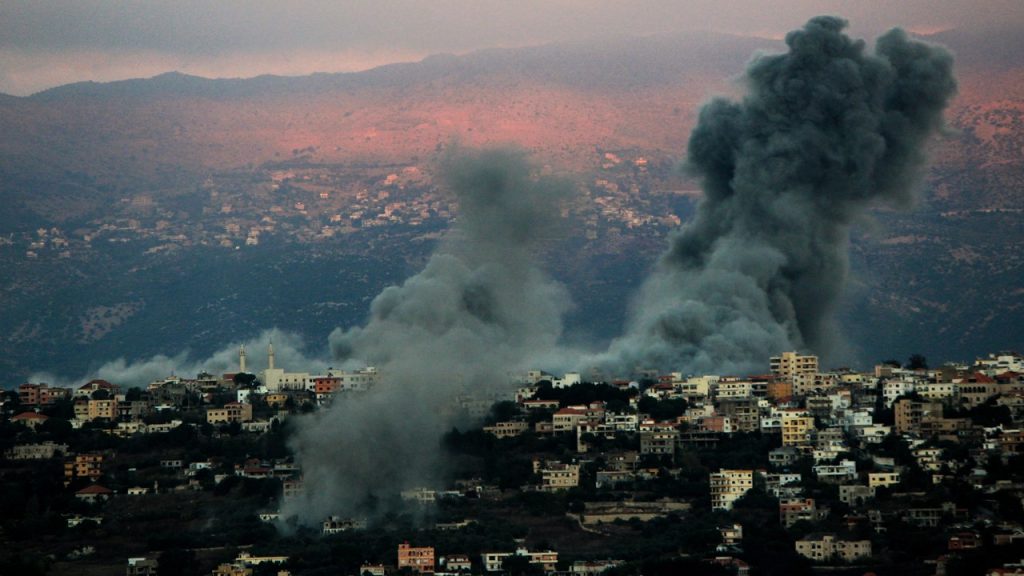The Israel Defense Forces (IDF) initiated a limited ground operation targeting Iran-backed terrorist group Hezbollah, following successful attacks that killed key figures in the organization over the weekend. Notable fatalities included Hezbollah leader Hassan Nasrallah and deputy head Nabil Kaouk. Prior to the operation, the IDF imposed a closed military zone on northern Israeli border communities. The incursion began after airstrikes on central Beirut, marking the first time in the year-long war that central Beirut was targeted, as previous attacks targeted areas in southern Beirut. President Biden expressed disapproval over the impending ground operations and called for a ceasefire.
President Biden stated that he was aware of Israel’s plan and expressed a desire for a ceasefire in the conflict between Israel and Hezbollah. The IDF issued a warning to Hezbollah, announcing the dismantling of a surface-to-air missile launcher storage facility near Beirut’s international airport, which posed a threat to Lebanese and international airspace. The Israeli military pledged to continue degrading Hezbollah’s military capabilities in Lebanon. The developments marked a new chapter in the Israel-Hamas war, with the IDF targeting Hezbollah in addition to previous confrontations with the terror group Al-Jamāʻah al-islāmīyah.
The IDF’s ground operation against Hezbollah represented a significant escalation in the conflict, as it targeted key figures in the terrorist organization and aimed to degrade their military capabilities in Lebanon. The Israeli military’s actions raised concerns internationally, with President Biden calling for a ceasefire and expressing disapproval over the imminent ground operations. The strikes on central Beirut marked a shift in the IDF’s tactics, as previous attacks had been concentrated in southern Beirut, a stronghold for Hezbollah. The IDF’s warning to Hezbollah regarding the dismantling of a missile storage facility highlighted the ongoing threat posed by the terrorist group.
The Israeli military’s successful attacks on Hezbollah key figures and infrastructure underscored their efforts to weaken the terrorist organization’s capabilities in Lebanon. The conflict between Israel and Hezbollah continued to escalate, with the IDF imposing a closed military zone on northern Israeli border communities and launching ground operations following airstrikes in central Beirut. President Biden’s call for a ceasefire reflected international concerns over the escalating violence and the need for a peaceful resolution to the conflict. The Israeli military’s determination to continue degrading Hezbollah’s military capabilities indicated a prolonged conflict and heightened tensions in the region.
As the Israel-Hamas war entered a new phase with the IDF’s ground operations targeting Hezbollah, the conflict showed no signs of abating. The Israeli military’s successful attacks against key figures in Hezbollah and infrastructure in Beirut demonstrated their commitment to weakening the terrorist group’s military capabilities. President Biden’s call for a ceasefire reflected international concerns over the escalating violence and the need for a peaceful resolution to the conflict. The IDF’s warning to Hezbollah regarding the dismantling of a missile storage facility highlighted the ongoing threat posed by the terrorist organization and the Israeli military’s determination to confront and degrade their capabilities in Lebanon. The situation remained fluid, with tensions high and the potential for further escalation in the conflict.


